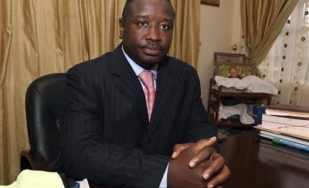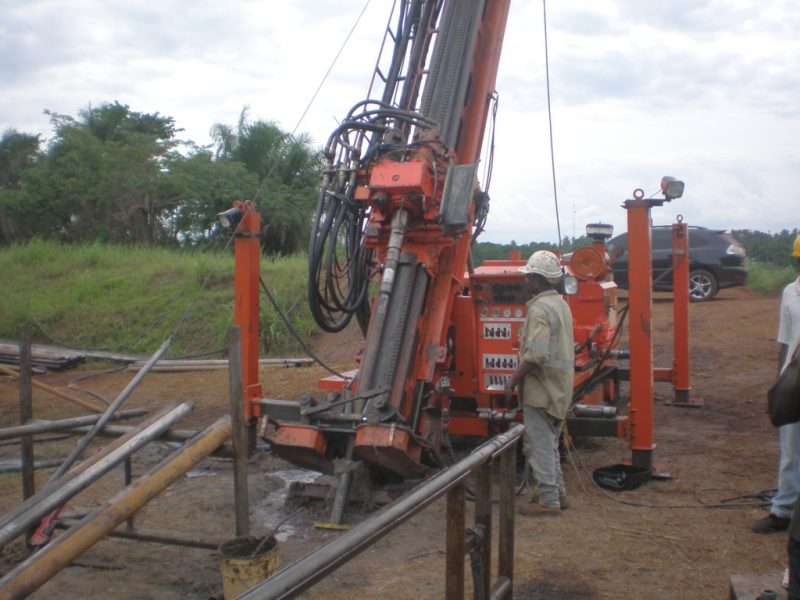The government is breaking its own rules on exploiting resources
When Sierra Leone’s decade-long civil war ended in 2002, the remote areas where that diamond-fuelled conflict originated had become a blasted wasteland of ruined villages and people sheltering under tarpaulins. Today, viewed from a lumbering Russian-made helicopter run by the country’s much reduced United Nations contingent, reconstruction is plain to behold. Houses have roofs again and local people, once terrified of the bush and the horrors it contained, are busily going about their lives.
Eight years of peace have seen all sorts of progress. The Revolutionary United Front, a lethal rebel group that specialised in amputating civilian hands, is no longer a force. Refugee camps have closed and presidential polls in 2007 passed off peacefully.
But the country has recently taken a step back. The kind of resource predation that led to violence breaking out in the first place may be returning, this time with iron ore rather than diamonds as the catalyst. With notable haste, the government in Freetown has given two big extraction leases to British companies. The first, London Mining, will redevelop an abandoned mine at Marampa, some 80km (50 miles) from the capital. The second, much larger, deal with African Minerals concerns a find at Tonkolili that the company says is the world’s largest deposit of magnetite—used, among other things, for coating industrial boilers. Initial work on the mine is already under way, though confirmation of a $1 billion-plus investment in the venture by a Chinese company, Shandong Iron and Steel, has been delayed.
Neither lease appears to conform to a new mining act that Sierra Leone drew up last year with international support to establish a framework for mineral exploitation. Alongside diamonds and iron ore, the country is known to have huge amounts of rutile, bauxite and—following an offshore strike last year—oil. In 2007 state revenues from mining were $10.5m, 0.6% of GDP.
London Mining and African Minerals both say Sierra Leone is getting a good deal and that without special treatment they might not have invested in the country. They also insist that their leases conform to the mines act. It was created to avoid repeating the past, when a kleptocratic president, Siaka Stevens, made secret extraction deals for his own benefit, prompting a resentful people eventually to rebel, with help from next-door Liberia, whose leaders pilfered Sierra Leone’s diamonds.
Three aspects of the new deals are troubling. The government has ignored a legal stipulation that mining companies must always pay royalties. London Mining is exempt from paying them when it is in a tax-loss position, though African Minerals is not. Second, the government has sharply lowered the tax rates paid by both companies, while simultaneously introducing a tax on goods and services that has raised consumer prices. Third, in the deal with African Minerals, it is not clear that the government is enforcing a part of the mining law that says all extractors must set up an independent fund in order to rehabilitate the environment.
Sierra Leoneans are due to go to the polls again in 2012. If the election passes off peacefully, the specter of violence should recede further. But the iron-ore deals increase the risk that people will go on mistrusting their leaders.
Stay with Sierra Express Media, for your trusted place in news!
© 2012, https:. All rights reserved.





